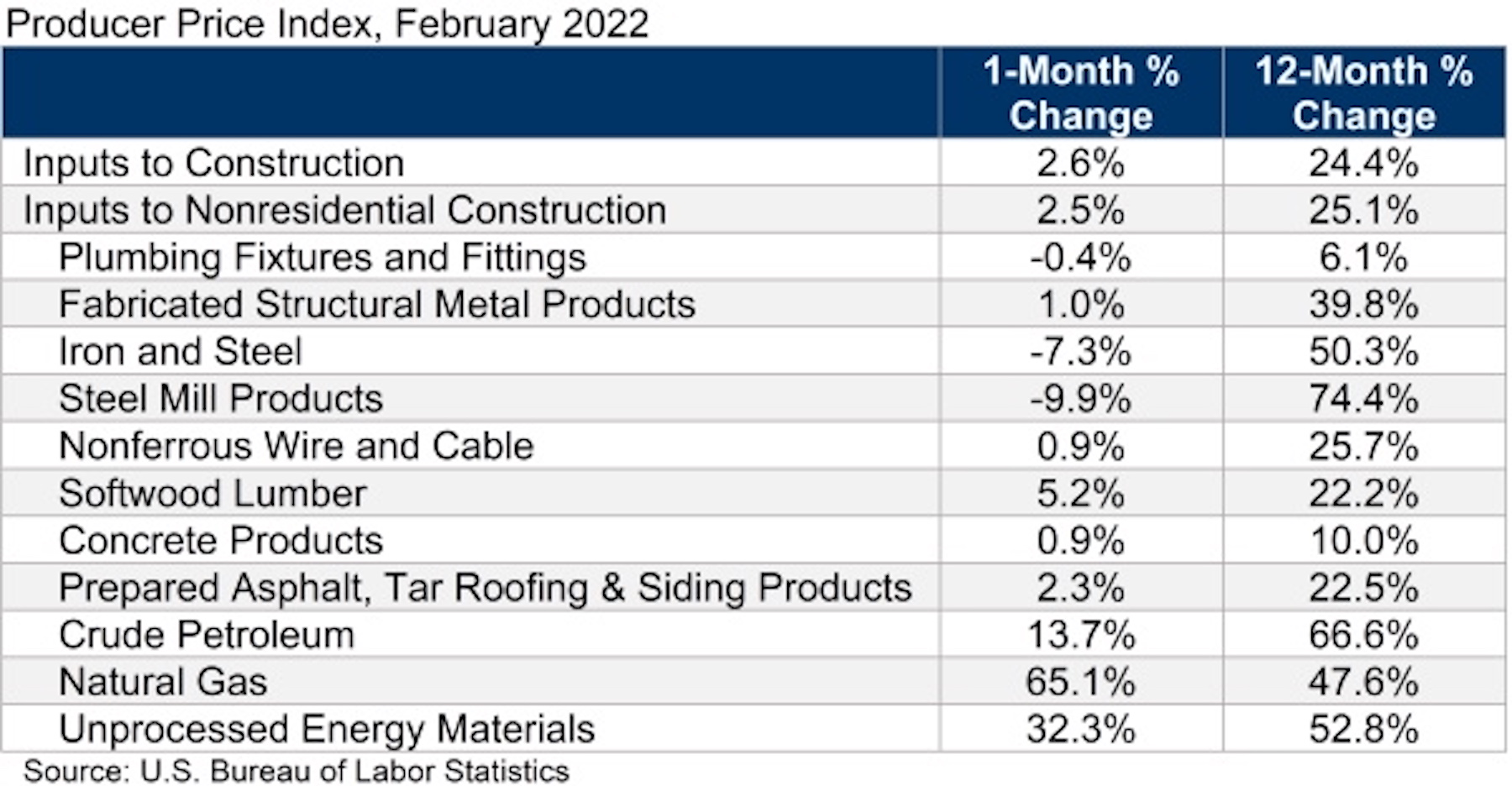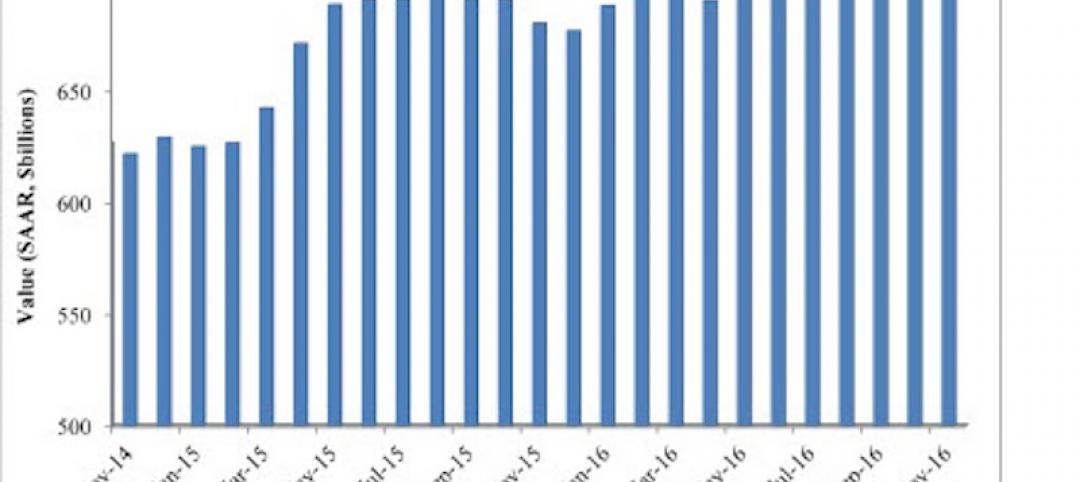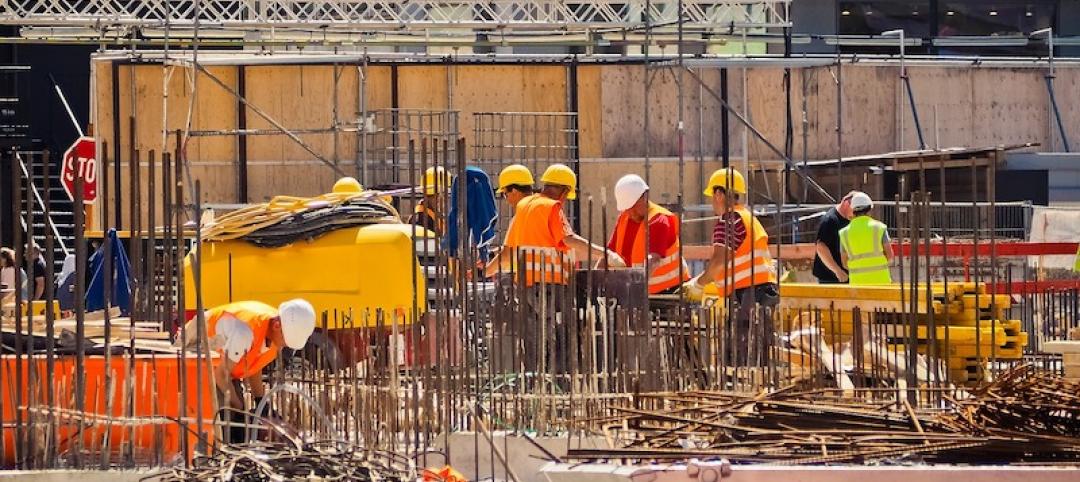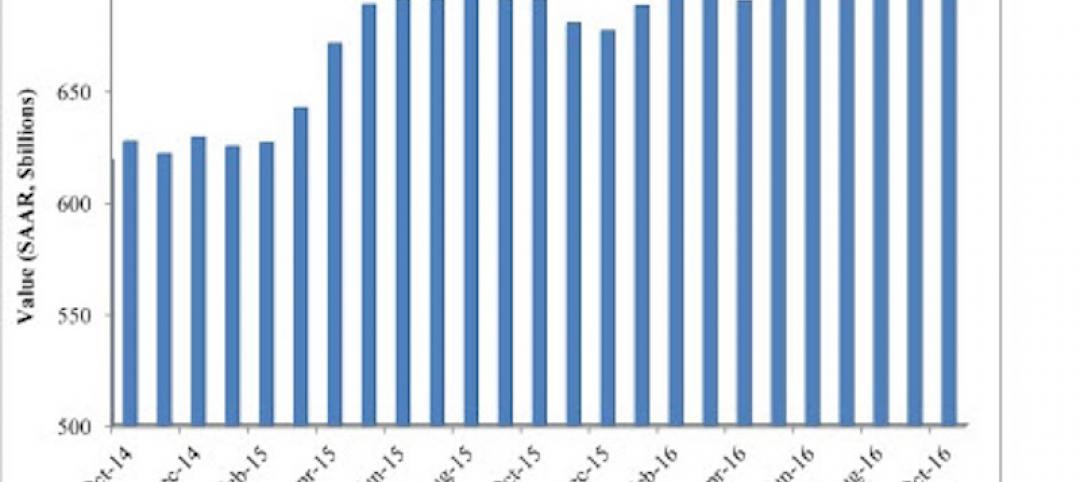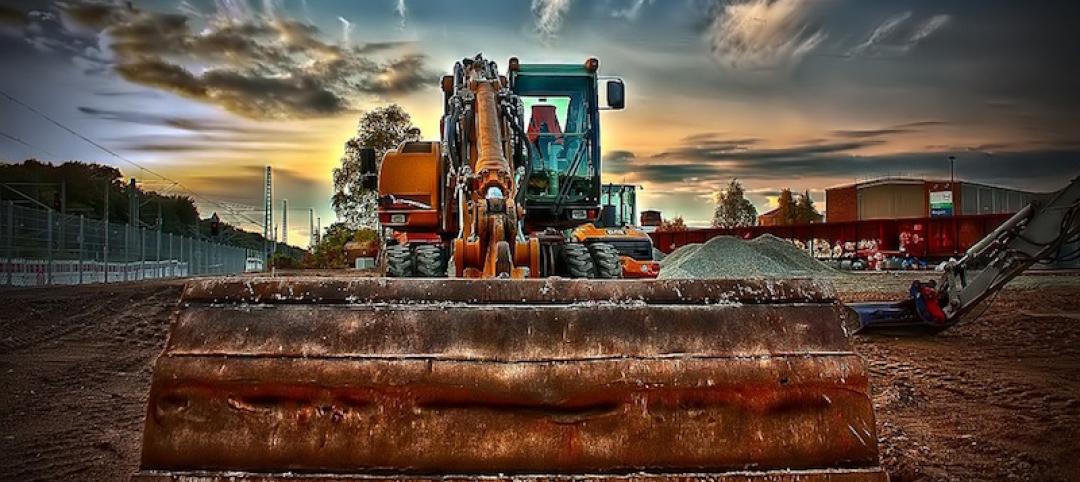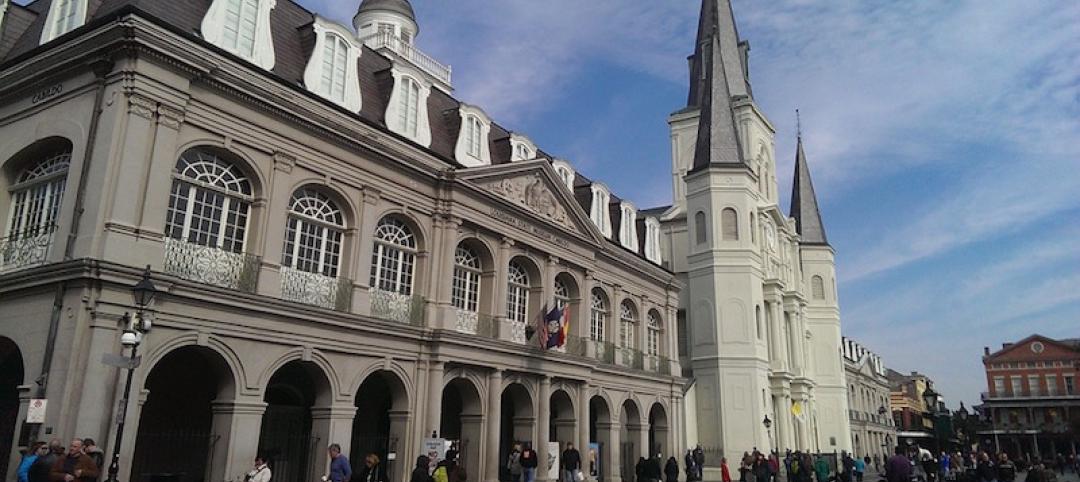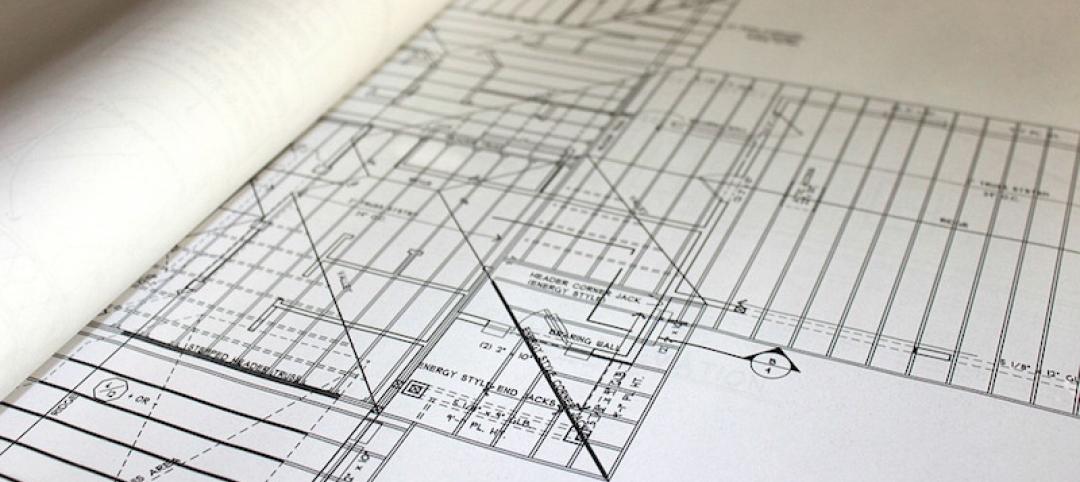Construction input prices increased 2.6% in February compared to the previous month, according to an Associated Builders and Contractors analysis of the U.S. Bureau of Labor Statistics’ Producer Price Index data released today. Nonresidential construction input prices rose 2.5% for the month.
Construction input prices are up 24.4% from a year ago, while nonresidential construction input prices are up 25.1%. Input prices for natural gas and unprocessed energy materials increased for the month, rising 65.1% and 32.3%, respectively. Crude petroleum prices increased 13.7% in February. All three energy subcategories are up significantly on a year-over-year basis.
“It will get worse before it gets better,” said ABC Chief Economist Anirban Basu. “Not only has Russia’s assault on democratic Ukraine created supply challenges in a number of categories, including oil and natural gas, but the reemergence of COVID-19 in parts of Asia and Europe is also poised to produce additional impacts. While many still expect commodity prices to decline later this year, the wait has been meaningfully extended by geopolitical conflicts and ongoing COVID-19 lockdowns.
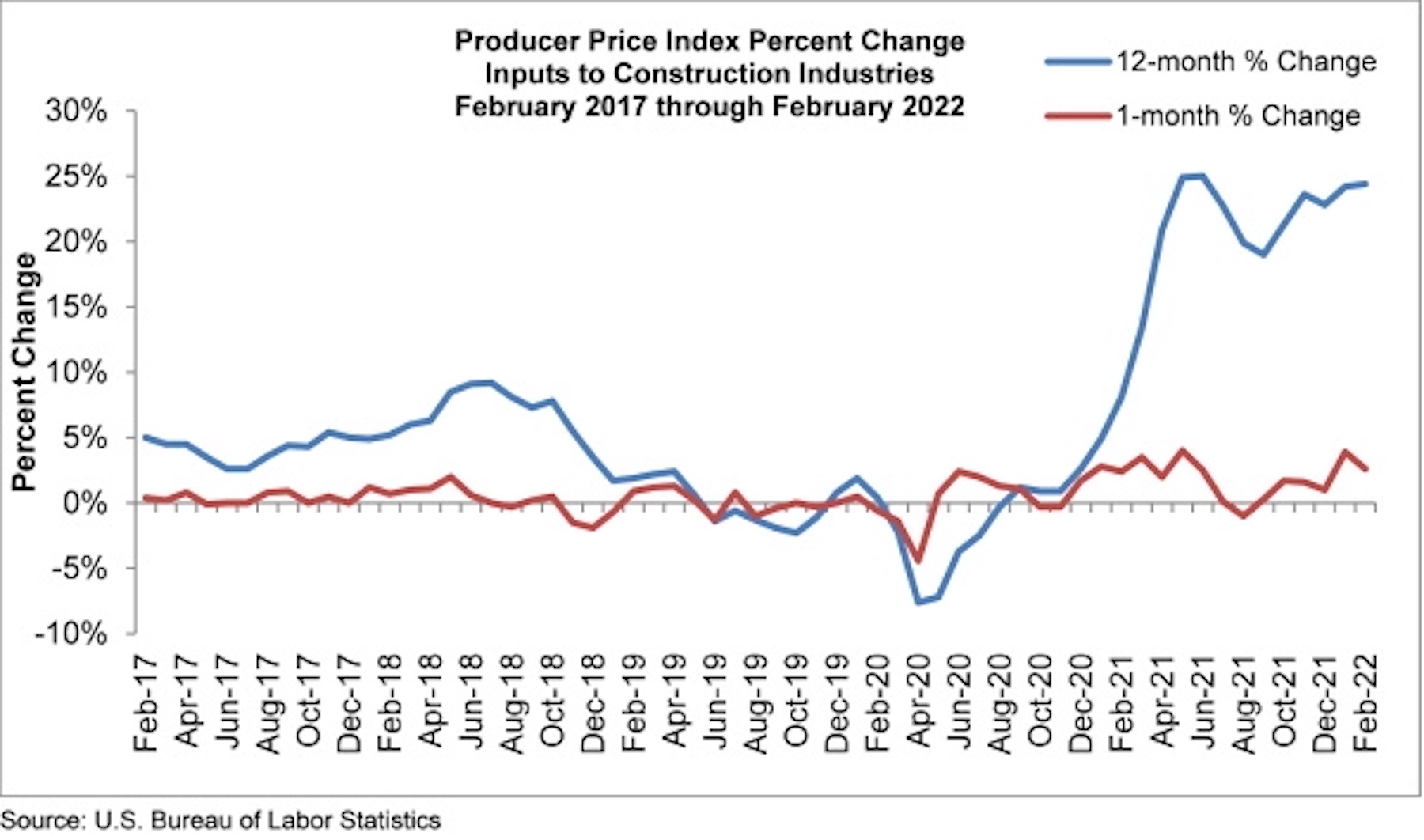
“For contractors, this has the potential to put even more downward pressure on margins,” said Basu. “It is likely that, as bid prices continue to soar, more project owners will choose to delay project starts. The current state of affairs also creates complications for public agencies considering when to start large-scale infrastructure projects. It is a challenging time to begin such projects, given the workforce shortages that remain and materials price inflation. Undoubtedly, some public administrators will decide to extend planning time, delaying project start dates.
“Remarkably, many projects to date have continued to move forward,” said Basu. “Construction backlog, as measured by ABC’s Construction Backlog Indicator, has remained stable for several months in the wake of rapidly rising materials prices. It remains to be seen whether this stability can prove resilient in the face of additional, severe supply challenges.”
Related Stories
Market Data | Jan 9, 2017
Trump market impact prompts surge in optimism for U.S. engineering firm leaders
The boost in firm leader optimism extends across almost the entire engineering marketplace.
Market Data | Jan 5, 2017
Nonresidential spending thrives in strong November spending report
Many construction firms have reported that they remain busy but have become concerned that work could dry up in certain markets in 2017 or 2018, says Anirban Basu, ABC Chief Economist.
Market Data | Dec 13, 2016
ABC predicts modest growth for 2017 nonresidential construction sector; warns of vulnerability for contractor
“The U.S. economy continues to expand amid a weak global economy and, despite risks to the construction industry, nonresidential spending should expand 3.5 percent in 2017,” says ABC Chief Economist Anirban Basu.
Market Data | Dec 2, 2016
Nonresidential construction spending gains momentum
Nonresidential spending is now 2.6 percent higher than at the same time one year ago.
Market Data | Nov 30, 2016
Marcum Commercial Construction Index reports industry outlook has shifted; more change expected
Overall nonresidential construction spending in September totaled $690.5 billion, down a slight 0.7 percent from a year earlier.
Industry Research | Nov 30, 2016
Multifamily millennials: Here is what millennial renters want in 2017
It’s all about technology and convenience when it comes to the things millennial renters value most in a multifamily facility.
Market Data | Nov 29, 2016
It’s not just traditional infrastructure that requires investment
A national survey finds strong support for essential community buildings.
Industry Research | Nov 28, 2016
Building America: The Merit Shop Scorecard
ABC releases state rankings on policies affecting construction industry.
Market Data | Nov 17, 2016
Architecture Billings Index rebounds after two down months
Decline in new design contracts suggests volatility in design activity to persist.
Industry Research | Nov 8, 2016
Austin, Texas wins ‘Top City’ in the Emerging Trends in Real Estate outlook
Austin was followed on the list by Dallas/Fort Worth, Texas and Portland, Ore.


